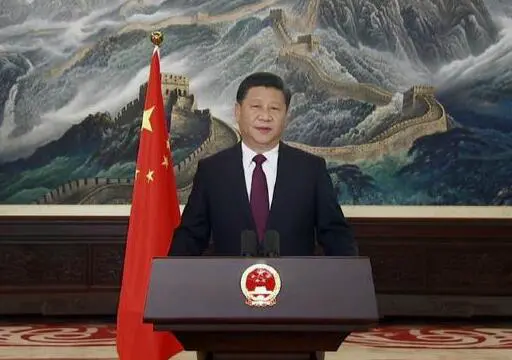The top UN official in Afghanistan said here Wednesday that 530 security incidents were recorded on June 14,when the presidential runoff election was held in the country, with more than 250 of those assessed as being directly election related.
Briefing the UN Security Council on the Afghan election, Jan Kubis, special representative of the UN secretary-general for Afghanistan, noted that both candidates have been targeted with violence, including a double suicide attack on presidential candidate Abdullah Abdullah's campaign convoy.
On June 6, Abdullah escaped assassination when two bombs blew up outside a hotel where he had just staged a rally, killing six people. The midday blasts, one caused by a suicide bomber, destroyed a car in Abdullah's convoy, reports said. One of the dead was a bodyguard and 22people were injured.
The runoff and subsequent electoral gridlock came during the Taliban's "summer fighting season," Kubis said.
In fact, the weeks before the presidential runoff has witnessed violence in the country. The number of weekly attacks rose by around 10 percent to more than 350 incidents -- including suicide attacks, gun battles and roadside bombs -- in the final week of May, the reports said.
Abdullah secured 45 percent of the votes out of some 7 million votes casted in the April 5 presidential election against his rival Ashraf Ghani Ahmadzai who garnered 31.6 percent.
The presidential runoff, meant to pave the way for the country's first-ever democratic transfer of power, has sparked charges of fraud from one candidate and the departure of a senior electoral official.
Last week, Abdullah accused the election commission of involvement in the election process and suspended his engagement with the election commission.
On Saturday, the Afghan election commission decided to delay the release of the presidential runoff result.
Kubis said the recent resignation of the Independent Election Commission's Chief Electoral Officer would hopefully lead to discussions between the campaign teams and institutions on strengthening technical checks and balances where voting patterns are claimed to be unusual, and on increasing confidence in the credibility of the electoral process and the acceptability of its outcome.
"The presidential candidates need to immediately engage with one another and the mandated electoral institutions in actively defining solutions to help the process move forward with improved quality and credibility," he said, underscoring that given rising tensions, including increasing ethnic overtones, the utmost maturity is required, notably by the two presidential candidates.
Amidst challenges that are testing Afghanistan's electoral, institutional and legal frameworks, together with the maturity of its political leaders, Kubis underscored the vital need for the Afghan political class to act decisively to manage these events and "avoid any slippery slope to civil disorder and instability."
He urged Afghan political leaders to step up their efforts to break the political impasse, adding that the presidential candidates need to immediately engage with one another and the mandated electoral institutions in actively defining solutions to help the process move forward with improved quality and credibility.
"How the two presidential candidates and the country's leadership manage these events will be vital to Afghanistan's unity and stability," he said.
 简体中文
简体中文

